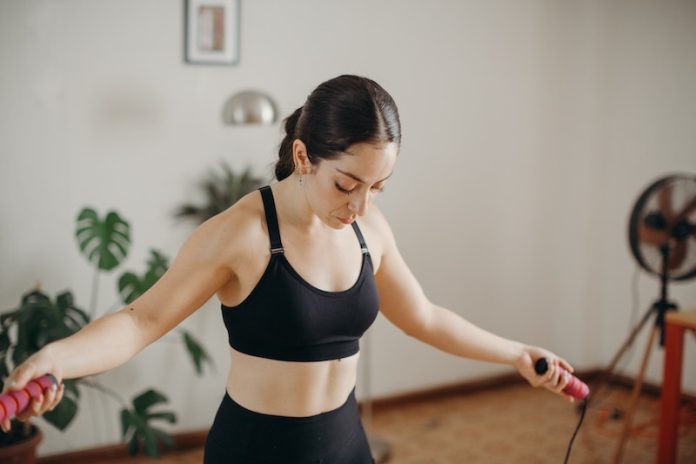
Exercising regularly can feel like a struggle for many women, especially those who have recently given birth or are older.
A recent study offers new insights into how women’s feelings about their bodies can impact their willingness to exercise and eat well. This research, led by experts from several universities in Australia, looked at more than 1,200 women.
They found that women could be grouped into four types based on their body image, and each type had a different approach to diet and exercise.
The study involved professionals like Associate Professor Ivanka Prichard from Flinders University and Dr. Anita Raspovic from La Trobe University.
Their goal was to understand how body image and health behaviors like eating and exercising are connected.
The Four Types of Body Image
By studying women who were, on average, 41 years old, the researchers identified four main types of body image:
- Appreciative: Women who feel good about their bodies.
- Medium Shame: Women who have some negative feelings about their bodies.
- High Shame: Women who feel very negative about their bodies.
- Average: Women who have a neutral view of their bodies.
The study found that the way women feel about their bodies can significantly affect their eating habits and how much they exercise.
For example, women who felt high levels of shame about their bodies were less likely to exercise and had unhealthy eating patterns. On the other hand, women who appreciated their bodies tended to have healthy levels of exercise and fewer eating concerns.
Tailoring Exercise Programs for Better Outcomes
Understanding these four body image types can help health and fitness experts to create more effective exercise and diet programs.
For instance, women who already feel confident about their bodies might just need a little encouragement to maintain their healthy habits.
But those who feel ashamed of their bodies would benefit from a more supportive and inclusive exercise environment.
Associate Professor Prichard points out that these findings can help in creating public messages that promote healthy lifestyles.
For example, focusing on enjoyment and well-being as motivations for exercise could be more effective than emphasizing weight loss or appearance.
Why This Study Matters
This research opens the door for more targeted public health programs. If we know how women feel about their bodies, we can tailor health messages and programs to suit their specific needs.
Encouraging a positive body image can lead to healthier lifestyle choices, like eating well and exercising regularly.
By understanding the different ways women feel about their bodies, we can help them find a form of exercise that they enjoy and will stick with in the long run.
So, if you’ve been finding it hard to hit the gym or go for that jog, it might be worth exploring how you feel about your body and what kind of support could make exercise a more enjoyable experience for you.
If you care about health, please read studies about the best time to take vitamins to prevent heart disease, and vitamin D supplements strongly reduce cancer death.
For more information about health, please see recent studies about plant nutrient that could help reduce high blood pressure, and these antioxidants could help reduce dementia risk.
The research findings can be found in Body Image.
Follow us on Twitter for more articles about this topic.
Copyright © 2023 Knowridge Science Report. All rights reserved.



